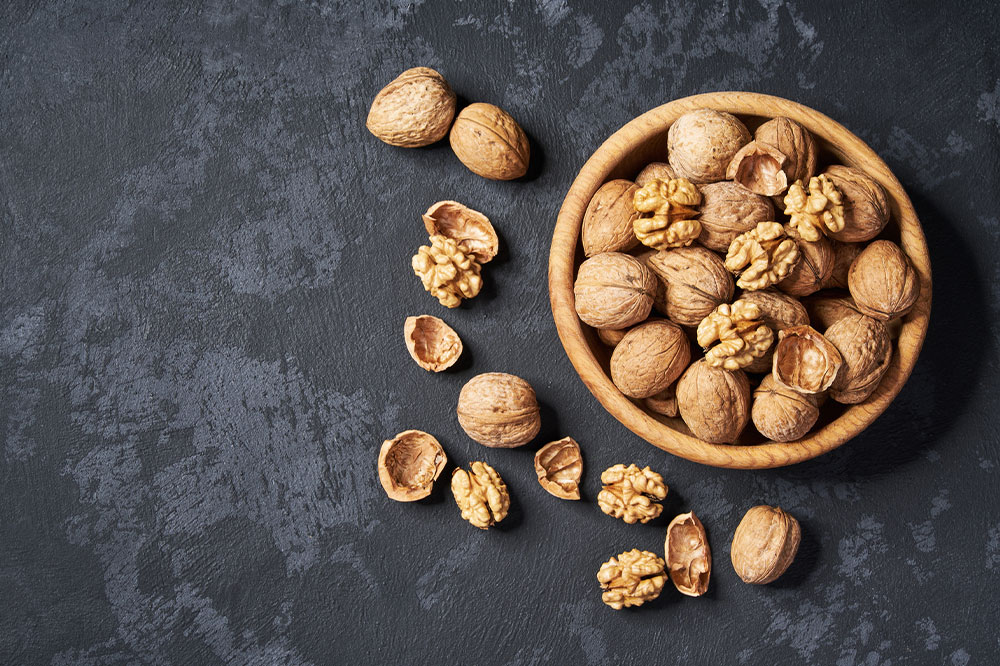Foods to avoid to manage depression

Depression is a state of mind where one experiences extreme sadness and aloofness. This is characterized as a mental health illness and needs professional guidance. Going to therapy and taking medications, if prescribed, is the best way to cope with this illness. However, it is also important to look into other factors like lifestyle and nutrition. To help you, here are some foods to avoid when dealing with depression as they cause anxiety.
Sugar
According to studies, it is observed that having too much of sugar can cause inflammation in the body and brain. It was also observed that this inflammation is usually 30% higher in those suffering with depression. While our body may crave sugar when we’re feeling low and give an instant rush, the blood sugar crash followed by this is what destabilizes the mood. It also has an effect on energy. It is advised to maintain a healthy blood sugar level to deal with depression.
Trans fats
These are bad fats found in fried foods like French fries, fried chicken, fried calamari, and fried cheese sticks. According to studies, consumption of trans fats worsen depression symptoms. Apart from being bad for mental health, these foods are also responsible for clogging arteries and increasing the risk of heart diseases. Choose healthy alternative fats like fatty fish, olive oil, yogurt, and flaxseeds to settle your cravings.
High-sodium foods
Consumption of excess amounts of salt can lead to negative effects on mood and neurological systems. If one is already going through depression, these kinds of foods can aggravate the symptoms further. When there is a high amount of sodium in the system, it can also impact the immune response of the body, which can make it difficult for people dealing with depression and anxiety.
Caffeine
It is observed that consuming too much caffeine can worsen the symptoms of depression and anxiety. In fact, insomnia is one of the symptoms of depression and caffeine aggravates the problem. With inadequate sleep, the body shuts down and mood is severely affected. However, if you are addicted to caffeine, cutting out completely may also cause some distress, so allow your body to gradually decrease the quantity. In fact, several studies and doctors suggest taking caffeine off your daily beverage needs.
If you are dealing with bipolar depression, several doctors suggest taking Latuda or Lurasidone HCI once a day to manage the symptoms. Studies and research suggest that taking Latuda continuously, along with other mood stabilizers, improved quality of life and ability to function in adults dealing with this illness.


